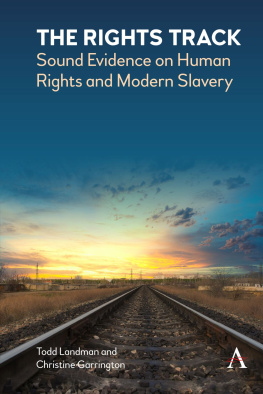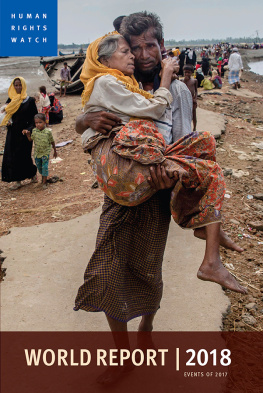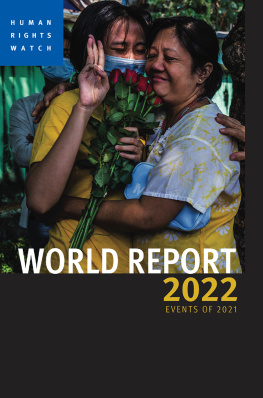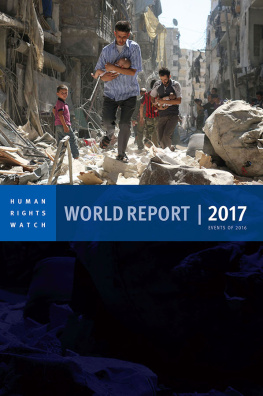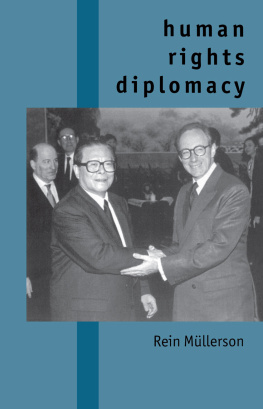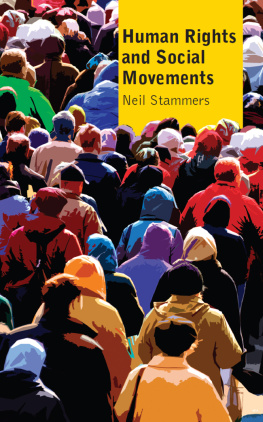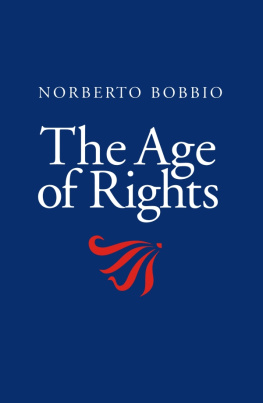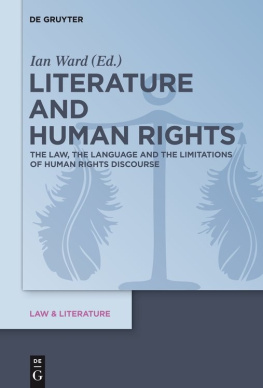
The Rights Track
The Rights Track
Sound Evidence on Human Rights and Modern Slavery
Todd Landman and Christine Garrington

Contents
The Rights Track visual identity |
Known and unknown human rights violations |
Human rights evidence, inference and error () |
Number of journalists confirmed killed, 19922021 |
COVID-19 stringency index, JanuaryDecember 2020 (the United States and United Kingdom) |
States party participation in core international instruments on slavery |
Proportion of states with domestic legislative provisions by region |
Socially embedded slavery: micro, macro and international factors |
Cobalt mining region in the DRC |
State ratification of core human rights instruments, 2000, 2021 |
US podcast listeners, 201321 |
Selected list of major international human rights organisations |
International human rights law and freedom of expression |
International human rights law and freedom of religion, belief and thought |
We dedicate this book to the memory of Professor Will Moore, a dedicated human rights scholar and committed advocate for the advancement of human rights.
~
We greatly appreciate the support and dedication of so many different people and organisations that have made this book possible. We met while working at the University of Essex where we created the idea of the Rights Track. Christine had been working with academics at the university to communicate their research and findings as part of her communications role. With her background in broadcast journalism, she was an early advocate of the potential of podcasts in this area. Todd came to the University of Essex in 1993 from the United States as a senior research officer on a project to measure and analyse the relationship between citizenship rights and social movements, and since then has worked on the systematic analysis of human rights, taking him to over fifty countries and engaging with a wide range of stakeholders. He moved to the University of Nottingham in 2015 and has since been instrumental in the founding and development of the Rights Lab Research Beacon of Excellence, which carries out research to help end modern slavery.
The Rights Track had its initial funding in 2015 from the Nuffield Foundation, and then received subsequent funding from the UK Economic and Social Research Council (ESRC) through several Impact Accelerator Awards (2016, 202021), the Rights Lab (201720) and for its seventh series, the Data Driven Discovery Initiative (3Di) at the University of Nottingham. Over the six years of the Rights Track, we have learned so much from inspiring people who have worked hard to make the world a better place. We are grateful to all the podcast guests featured in this book who gave freely of their time and shared their expertise and knowledge in ways that have allowed us to reach a global audience. The podcast has its own dedicated website (www.rightstrack.org) and is discoverable on Spotify, Amazon Music, iTunes, YouTube and via many other podcast apps and directories. The Rights Track would not have been possible without the financial and in-kind support from so many people around the world who have engaged with us.
The total array of people and organisations who have worked with us is too numerous to mention here. We would like to offer special thanks to the University of Essex, the University of Nottingham, the Rights Lab, the Nuffield Foundation and the ESRC for their financial and institutional support. We would like to thank, in particular, Zoe Trodd, Krissie Brighty-Glover, Phil Brighty, Paul Groves, Helen Taylor and Helen White. Todd wishes to thank Laura Landman, Drew Landman, Kate Landman, Hank Landman, Kelli Landman, Sophia Landman and Briony Landman for all their love and support over the years. Christine would like to thank Jack and Jean Garrington, Alice Brighty-Glover and Catherine McDonald for all their love and support. She would also like to thank Todd for a very special podcasting partnership of which she is immensely proud. Todd and Christine are also very grateful to the anonymous reviewers at Anthem Press for their valuable feedback on the content of the book.
We do hope that you find this book provides sound evidence on the human rights challenges facing us today and that in some way it helps get your thinking about human rights on the right track.
Todd Landman, Nottingham
Christine Garrington, Manningtree
December 2021
The Rights Track is an unusual and in many ways a unique book. Its genesis lies in over thirty years of human rights research carried out by our host and co-author, Todd Landman, who has engaged in the systematic comparative analysis of human rights problems around the world. His work has also involved travel to over fifty countries and the development of a vast network of human rights students, scholars and practitioners engaged in the struggle for human rights. From the Great Hural of Mongolia to the home of the former Chilean president, his travels exposed him to the panoply of human rights challenges across many different country contexts, institutional arrangements and populations. It turns out that after all these years, his research, travels and expanding network proved to be valuable sources of information in need of a new kind of dissemination. His collaboration with co-author Christine Garrington with her BBC broadcast background and her expertise in producing research podcasts provided the perfect opportunity to create the Rights Track.
The book is thus underpinned by six series of a podcast, created and published between 2015 and 2021, which have sought to bring a new mode of communicating research and practical work on the advance of human rights through dialogue and conversation that is accessible to a wide range of people. Our ambition to provide sound evidence on the human rights challenges facing us today and get our thinking about human rights on the right track. After six years of discussing human rights with scholars, practitioners and advocates, we realised that we had very rich and very real content in our podcast that demonstrates the struggle for human rights through a very different lens. Across our many conversations, we learned of the incredible dedication, diligence and commitment to human rights across the world, precisely during a time when the world needs human rights the most. Our recordings began a year before the election of Donald Trump in the United States, carried on during the UKs referendum to leave the European Union, included the most intense period of the COVID-19 pandemic and ended during the first year of the new Biden administration. In addition to these major events, we witnessed so many global developments through the eyes and words of our guests, and recorded more than twenty-six hours of conversations with 71 people. Along the way, we learned of the value of our conversational approach and gained tremendous insights into the continued struggle for human rights.
We thus decided to come full circle from the written word, to the spoken word and back again to the written word. What we present here is a fascinating set of conversations and insights across a wide range of human rights topics. Our guests provide clear and compelling stories about the human rights work in which they are engaged, while also reaching beyond their immediate work to reflect on what they have learned about the struggle for human rights and how they view the current and future state of human rights in the world. This conversational and dialogic approach to talking about human rights revealed a number of surprises for us. First, the state of human rights is much better than one would assume by only focusing on popular news media and the immediacy of new forms of information available through social media platforms and the proliferation of alternative news media and commentary. Second, beyond the separate conversations between our host and the many different guests that make up the Rights Track, we discovered that in many ways, our guests were also
Next page
